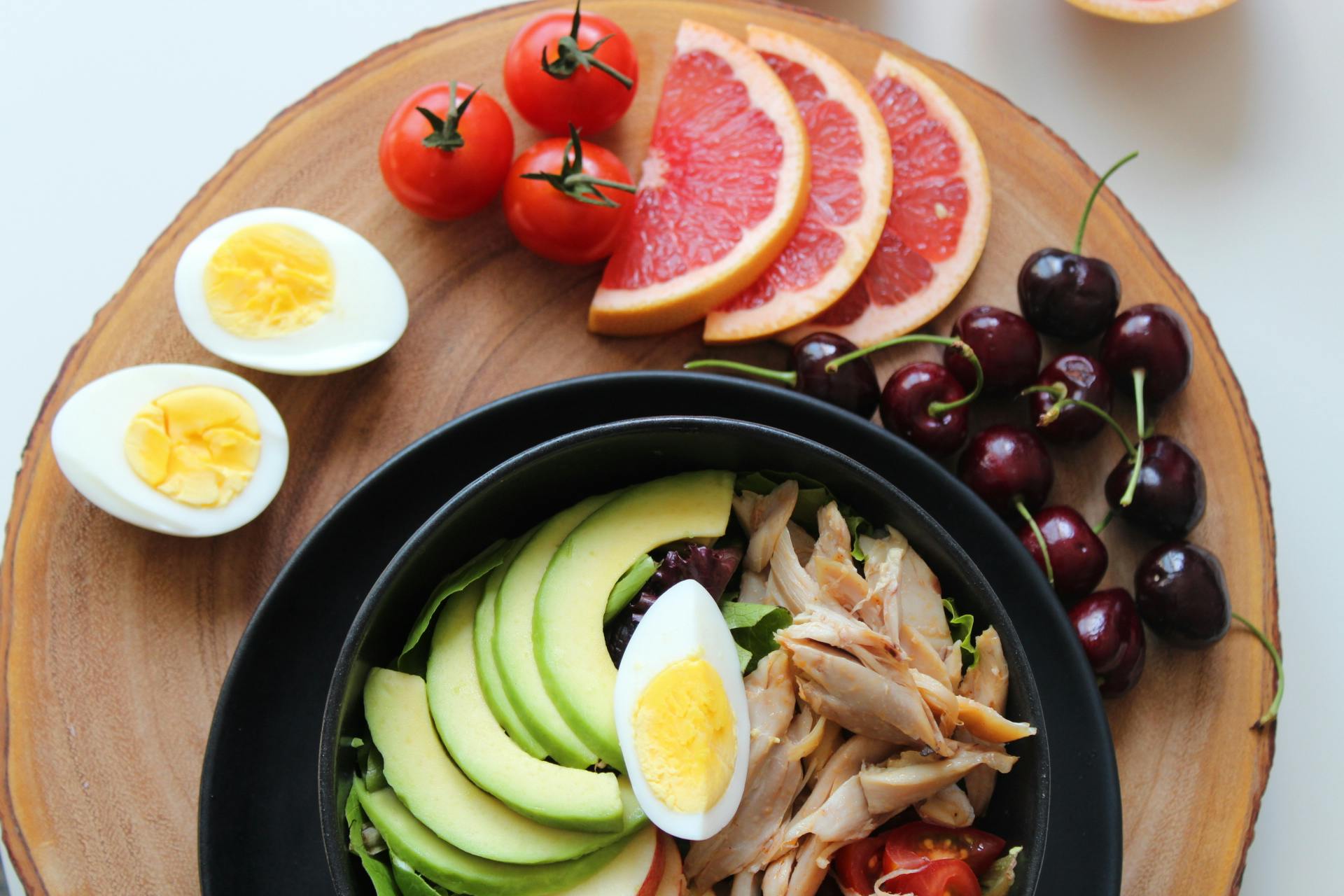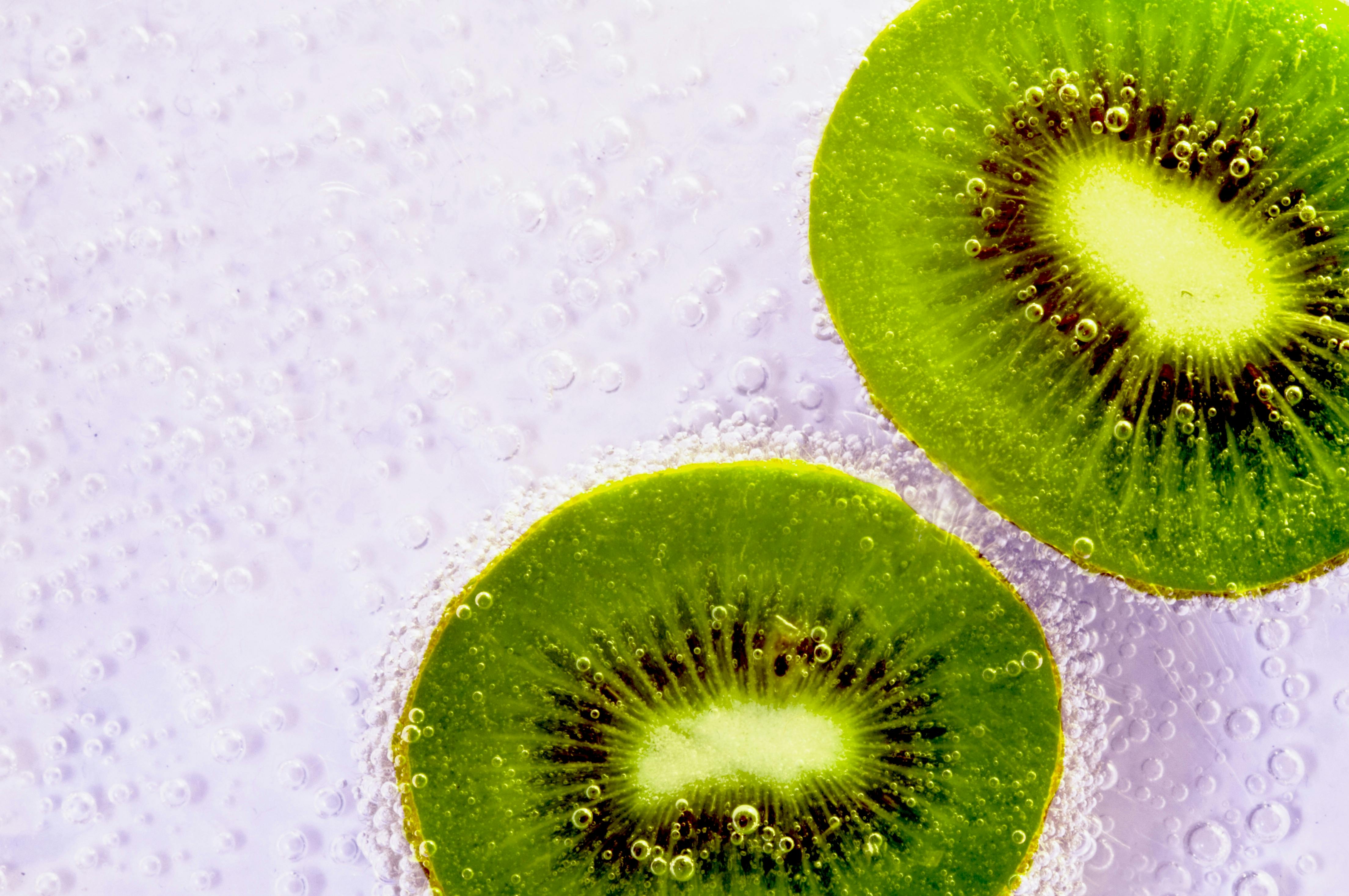
Effective Ways to Manage Your Diet After Colonoscopy in 2025
Recovering from a colonoscopy involves more than just the procedure; your diet plays a pivotal role in how you heal and feel afterward. A post-colonoscopy diet can significantly contribute to your overall digestive health, helping to minimize discomfort and promote recovery. As you navigate through this phase, understanding what to eat, what to avoid, and how to ensure your digestive system operates smoothly is essential. This guide will outline key dietary recommendations that aid recovery and enhance your digestive health after colonoscopy.
During this transition, you may experience symptoms like bloating or discomfort. Choosing the right foods, incorporating probiotics, and maintaining hydration can alleviate these issues. Adapting a low-fiber and easy-to-digest diet initially can be beneficial. As you gradually incorporate more foods, it's essential to monitor your body’s responses carefully. Our roadmap will provide insights into the best practices for managing your post-procedure nutrition.
In summary, this article will discuss the following: what to eat after a colonoscopy, safe hydration methods, dietary adjustments, meal planning tips, and insights into digestive health. By adhering to these guidelines, you can ensure a smoother recovery experience.
Understanding the Post-Colonoscopy Diet
Building on the idea of a recovery-centric diet, it’s critical to understand the components of a post-colonoscopy diet. A defined approach can help mitigate potential discomfort and speed up the recovery process. The initial phase often entails adhering to a low-fiber diet, focusing on easily digestible foods.
Nutritional Guidelines Post Colonoscopy
Following the procedure, the main goal is to allow your digestive tract to rest and heal. Foods that are unlikely to irritate your digestive system are key. Such foods are typically soft and low in fiber, which aids in minimizing strain on your intestinal lining during recovery. Including applesauce, bananas, and white rice can serve as excellent starting points.
Hydration After Colonoscopy
Staying hydrated is just as crucial; fluids support digestion and prevent constipation. After your colonoscopy, it is recommended to drink clear liquids like broths and water initially. Gradually introducing hydration aids can help prevent dehydration, which is vital for your overall recovery.
Foods to Avoid Post Colonoscopy
After your colonoscopy, it’s important to avoid certain trigger foods that can cause bloating or discomfort. High-fiber foods, heavy meals, and any food that could lead to gas production should be set aside initially. This includes beans, raw vegetables, and whole grains until you know your tolerance levels.

Transitioning Your Diet After the Procedure
With these basics established, you can begin to gradually reintroduce solid foods into your diet. This transition period is critical and should be approached with intention, observing how your body responds to different foods. A ‘slow and steady’ mantra works best in this phase.
Introducing Solid Foods After Colonoscopy
Once you have stabilized, start to incorporate solid foods to ease digestion. Consider gradually introducing items like cooked vegetables, lean poultry, and fish. Keeping meals light adds an extra precaution. Pay particular attention to your body's cues during this reintroduction to detect any foods that might trigger discomfort.
Probiotic Foods After Colonoscopy
Incorporating probiotic-rich foods like yogurt can greatly benefit your digestive health. Probiotics help restore the natural balance of bacteria in your gut post-procedure, aiding in digestion and overall comfort. Dairy-free options are available for those with lactose sensitivity.
Easy Digest Foods for Comfort
When planning meals, consider simpler foods that are gentle on the stomach. Options like scrambled eggs, oatmeal, and smooth nut butter can provide nutrition without overwhelming your digestive system. These foods are nutrient-dense while also being relatively easy to digest.
Meal Planning for Recovery
Connected to this principle of gradual dietary changes is effective meal planning tailored for recovery. Adequate preparation can ease the strain of figuring out meals as you heal, ensuring a smoother recovery experience.
Colonoscopy Meal Plan Suggestions
Planning meals centered around easily digestible and low-fiber foods can help streamline your recovery. For example, consider a schedule of clear broths, then progressing to smoothies made with soft fruits and yogurt. A simple meal plan can help eliminate confusion and anxiety during this time.
Snacks After Colonoscopy
Snacking can be a challenge post-procedure, but focusing on soft, nutritious options can offer energy without causing discomfort. Consider mashed potatoes, soft cheeses, or smoothies as snacks. These quick bites can help sustain your strength while being gentle on the digestive system.
Monitoring Symptoms Post-Procedure
As you navigate through your dietary adjustments, keeping track of your symptoms is essential. Maintaining a simple food diary can help identify any troublesome foods that may hinder your recovery. Noticing patterns helps tailor your diet more effectively.

Best Practices for Digestive Health After Colonoscopy
Following effective diet management techniques is crucial for long-term digestive health following a colonoscopy. This commitment to a thoughtful dietary approach can foster healing while enhancing your daily well-being.
Importance of Hydration After Colonoscopy
Hydration is not only vital right after the procedure but also maintains healthy digestive function in the long term. Engaging with hydration guidelines can aid in preventing any complications associated with insufficient fluid intake, which in turn ensures your recovery progresses smoothly.
Exploring Foods That Soothe the Stomach
During your recovery, focusing on foods that promote gut comfort can ease digestion. Gentle herbal teas, bland foods, and foods rich in anti-inflammatory properties can contribute significantly to your overall comfort during this recovery phase.
Discussing Diet with Your Doctor
Finally, it is imperative to engage in a discussion about your diet with your healthcare provider. They can offer personalized recommendations that cater to your digestive health and ensure a smooth recovery post-colonoscopy.
Conclusion
Managing your diet after a colonoscopy includes understanding what foods to embrace and what to avoid. By prioritizing hydration, easy-to-digest options, and staying attuned to your body’s signals, you pave the way for a speedy recovery. Remember to consult with your healthcare provider to tailor your culinary approach to your unique needs. Empower yourself with knowledge and take the necessary steps for optimal digestive health after your procedure.
```